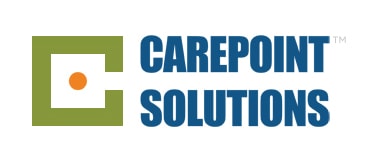Don’t Worry About IQCP’s… We’ve Got Your Back
CMS is no longer accepting equivalent quality control (EQC) under the federal CLIA regulations, but does allow alternative quality control plans based on a comprehensive risk management program. The new standards are based on risk management practices, as depicted in the Clinical Laboratory Standards Institute’s (CLSI’s) EP-23A Guideline: A Practical Guide for Laboratory Quality Control Based on Risk Management. This approach now allows healthcare providers to create individualized quality control plans (IQCP’s) that are outcomes oriented and customized to the specific clinical environments where the testing is performed.
While the basic principles of risk mitigation are not new to most clinicians, building formal risk management programs for complex point of care test systems, with the diversity of test methods, staff qualifications, environmental factors, varying patient populations, and overlapping regulatory and accreditation considerations, can be quite a challenge. If you are a Laboratory Director or Point of Care Coordinator, with the economic, regulatory, legal, and clinical consequences of implementing IQCP’s resting directly on your shoulders, this is a significant and important task.
CarePoint Solutions has recruited a team of experts to design and develop the tools you need to simplify and streamline IQCP implementation. Our Pro-QCP™ web app, available in modules specific to each test device, provides step-by-step guidance throughout the entire process of building individualized quality control plans and will save the typical point of care coordinator hundreds of hours of time.
In addition, the software suggests best practices and will give you confidence that your new IQCP will meet key objectives including:
- streamlining regulatory inspections
- optimizing your current QC/QA resources
- customizing a program that is both clinically sound and economically advantageous
- satisfying federal, state, and accrediting organization requirements
- ensuring the best possible patient outcomes
- identifying new initiatives to improve the quality of care
Please alert me when Pro-QCP
is available for my FREE 30-day trial!
Still have questions? Talk to us.

